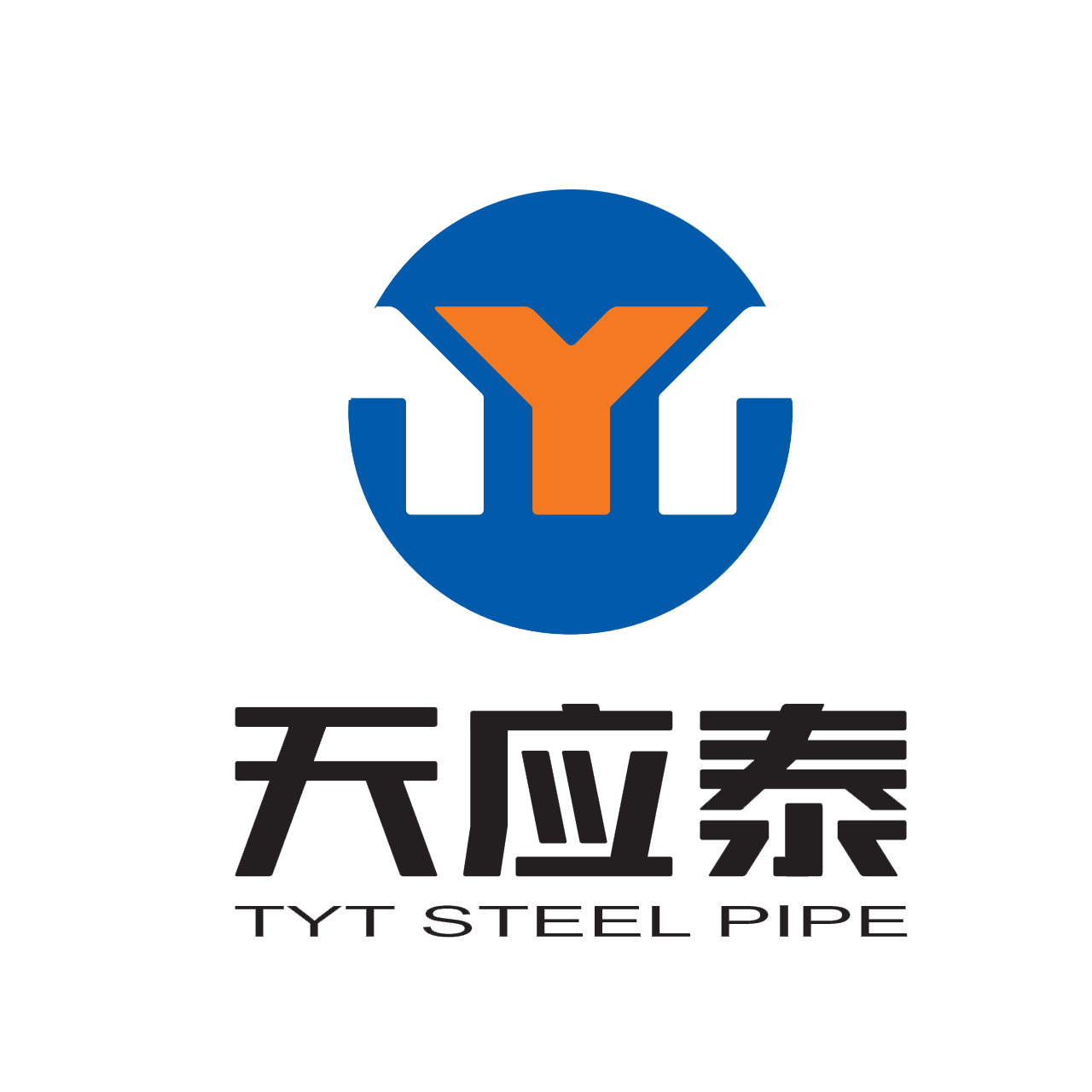What is a cold drawn seamless tube?
Seamless steel tubes can be divided into hot rolled-tubes, cold-rolled tubes, cold-drawn tubes, extruded tubes, etc. according to different production methods. The biggest difference between cold-drawn seamless tube and hot-rolled seamless tube is that the precision of cold-drawn seamless tube is better than that of hot-rolled seamless tube. The general accuracy of cold-drawn seamless tube is about 20 wires, while the precision of hot-rolled seamless pipe is about 100 wires, so cold-drawn seamless tube is the first choice for machining and parts manufacturing.
Why do cold drawn seamless tubes need heat treatment?
During the heating and cooling process of the cold drawn seamless tube, due to the inconsistent cooling speed and time of the surface layer and the core, a temperature difference is formed, causing volume expansion and uneven shrinkage to generate stress, that is, thermal stress. Under the action of thermal stress, since the surface layer begins to be lower than the core layer, the shrinkage is also greater than that of the core layer, and the core layer is pulled.
After cooling is complete, the core is compressed due to the final cooling volume contraction of the drawn core. That is, under the action of thermal stress, the surface of the workpiece is finally pressed and the core is pulled out. Now this is affected by factors such as cooling rate, material composition and heat treatment process.
The faster the cooling rate, the higher the carbon content and the composition of the cold drawn seamless tube material, the greater the uneven plastic deformation caused by thermal stress during the cooling process, and the greater the residual stress formed. On the other hand, during the heat treatment process, when the steel transforms from austenite to martensite, the increase in specific volume is accompanied by the expansion of the workpiece volume, and the phase transformation occurs successively in each part of the workpiece, resulting in inconsistent volume growth and tissue formation stress.
The final result of the tissue stress change is the tensile stress of the surface layer and the compressive stress of the core, which is just opposite to the thermal stress. The magnitude of the structural stress is related to the cooling rate, shape and chemical composition of the cold-drawn seamless steel pipe in the martensitic transformation zone.
The heat-treated cold drawn steel tube will have the following improvements:
- Improve the strength, hardness, surface wear resistance and corrosion resistance of steel pipes.
- Eliminate the internal stress generated by welding and prevent deformation.
- Improve the internal structure and performance of seamless steel pipes to meet technical requirements.
The carbon steel seamless tubes used in daily life require some cutting and heat treatment. So, what is the reason for carbon steel tube suppliers to do this?
Seamless steel tube cutting treatment:
After the seamless steel tube is straightened, it is necessary to carry out a preliminary inspection soot blowing to determine the length of the cut head and tail. The purpose of cutting the seamless steel pipe is to remove the ends with cracks, knots, scars, tears and uneven wall thickness, so as to obtain the required length seamless steel pipe, and to remove unqualified and difficult to save defects after inspection, such as internal Folds, internal scarring, severe uneven wall thickness, etc. Generally, the cutting of the former is carried out on the production line, while the cutting of the latter is done off-line.
Control of holding time during heat treatment of seamless steel tube:
The holding time of the seamless steel tube heat treatment should ensure that the steel tube in the furnace can be completely burned through, so that the temperature is uniform, and the proper structural transformation is completed, so as to obtain uniform structure and performance. Generally, increasing the heating temperature can appropriately shorten the holding time. When performing low temperature annealing, including softening, stress relief and recrystallization annealing, the closer the annealing temperature is to the lower critical point A1, the faster the recovery of the seamless steel tube and the more complete the elimination of work hardening. Therefore, the holding time can also be appropriately shortened.
